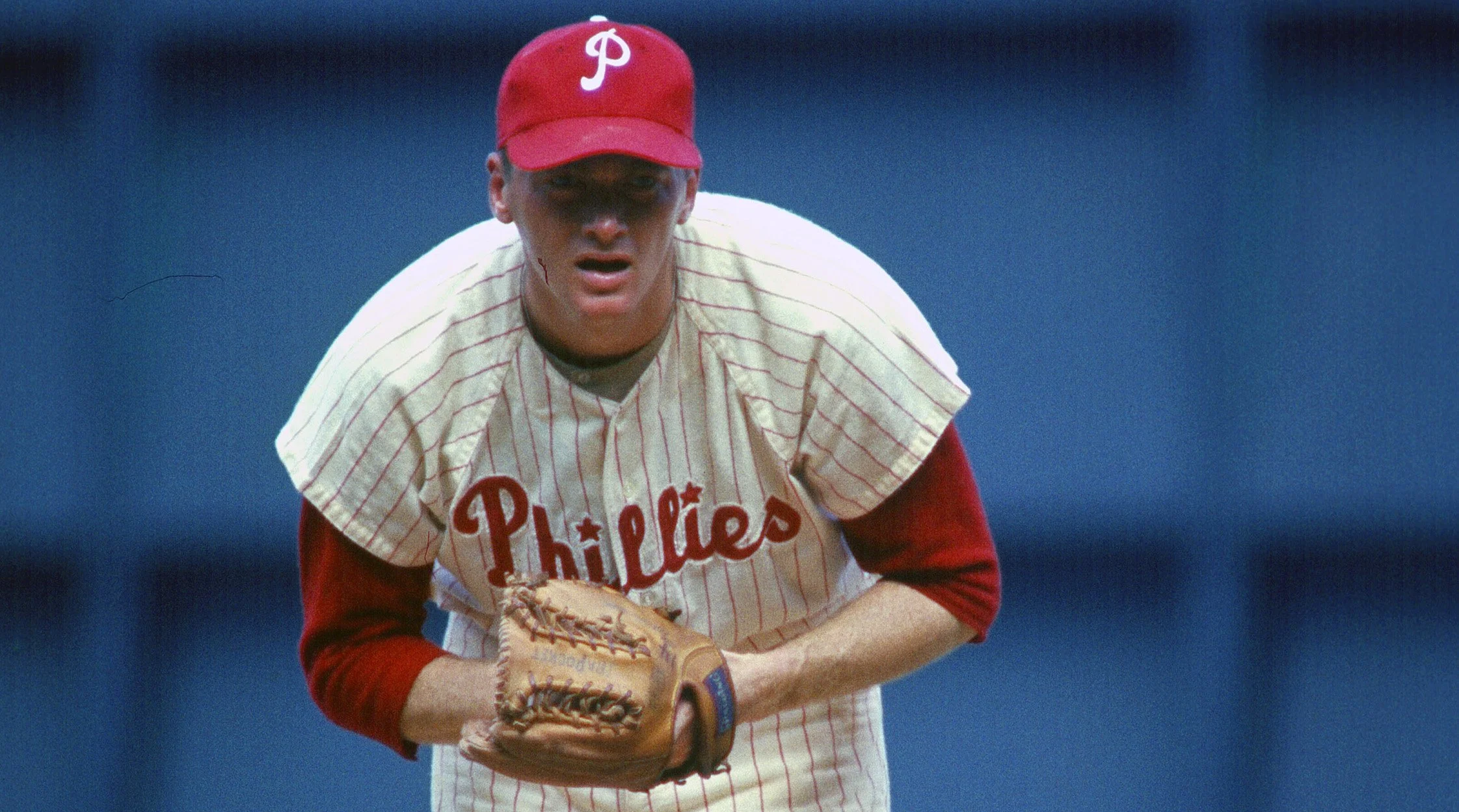The gift that keeps on giving
Jim Bunning
The Phillies trade their best pitcher – Jim Bunning – to the Pittsburgh Pirates 57 years ago today in a deal that brings minor league infielder Don Money and second-year pitcher Woodie Fryman to Philadelphia.
On the same day in 1967, the Phillies pick up catcher Mike Ryan from the Boston Red Sox for pitcher Dick Ellsworth and utility player Gene Oliver.
Those are the two headlines on this day in 1967, but the Bunning trade will benefit the Phillies for more than two decades afterward – and for more than a decade after Bunning retires in 1971.
Bunning, who goes 74-46 for the Phillies from 1964-67, lasts less than two seasons in Pittsburgh.
The Pirates then re-gift him to the Los Angeles Dodgers, who release Bunning after the 1969 season – just in time for the right-hander to rejoin the Phillies for their final season at Connie Mack Stadium in 1970.
Don Money
Bunning stays with the Phillies through their first season at Veterans Stadium in 1971 before retiring with a career record of 224-184.
He then embarks on a lengthy career in politics before finally reaching the Hall of Fame in 1996.
The trade of Bunning 57 years ago today greatly impacts the Phillies well into the late 1980s as they eventually trade Money – along with pitcher Bill Champion and infielder John Vukovich – after the 1972 season to the Milwaukee Brewers for pitchers Jim Lonborg, Ken Brett, Ken Sanders and Earl Stephenson.
Lonborg becomes a mainstay in Philadelphia’s rotation for the next six-plus seasons, going 75-60 in 188 appearances for the Phillies.
While neither Sanders nor Stephenson ever pitches for the Phillies, Brett enjoys a nice 13-9 season in 1973 before Philadelphia flips him after that one season to Pittsburgh for budding All-Star second baseman Dave Cash.
Mike Schmidt at Ohio University
While the acquisitions of Lonborg and Cash help turn the Phillies into consistent winners by the mid-1970s, the trade of Money to Milwaukee opens up third base in Philadelphia for an aspiring rookie not even two years removed from playing in college at Ohio University.
The rookie?
That would be Mike Schmidt, who initially struggles in 1973 as Money’s replacement but quickly turns into a player who becomes a 12-time All-Star, 10-time Gold Glove winner, eight-time home run champion, three-time National League MVP and, ultimately, a first-ballot Hall of Famer in 1995 – a year before Bunning joins him in Cooperstown.


